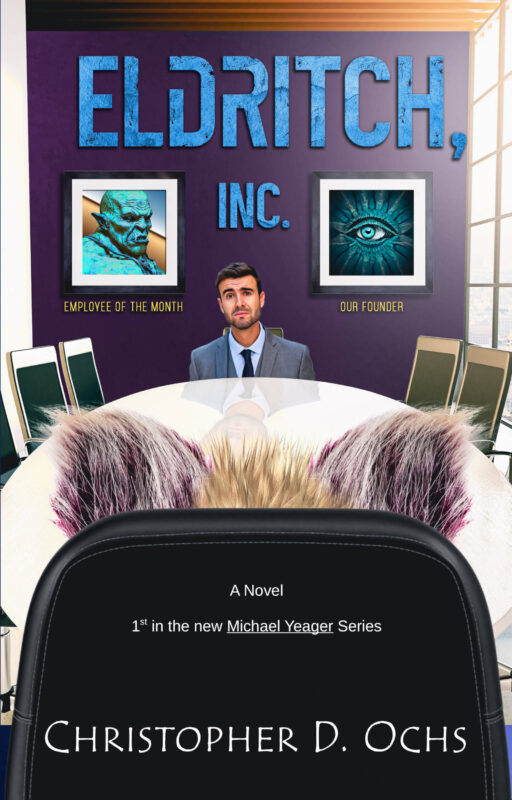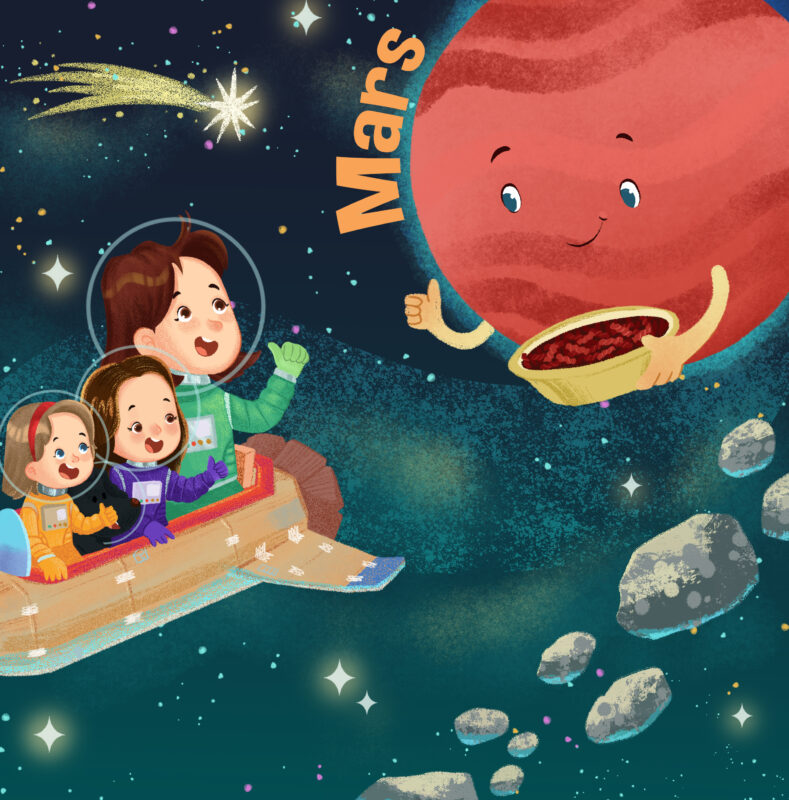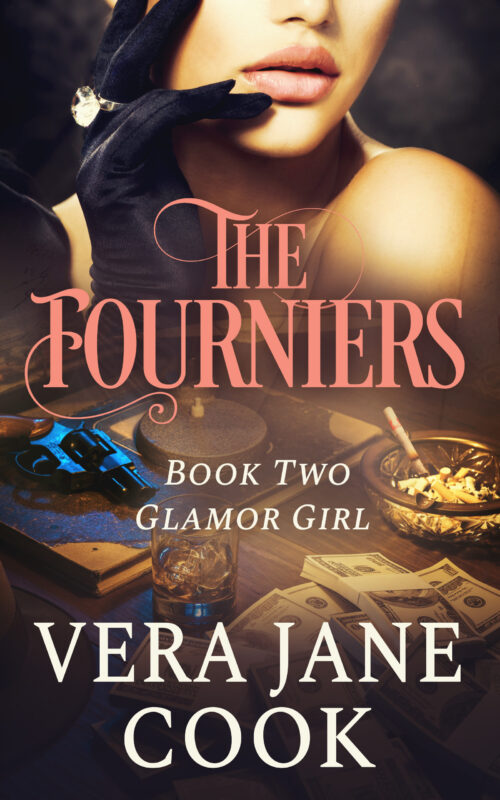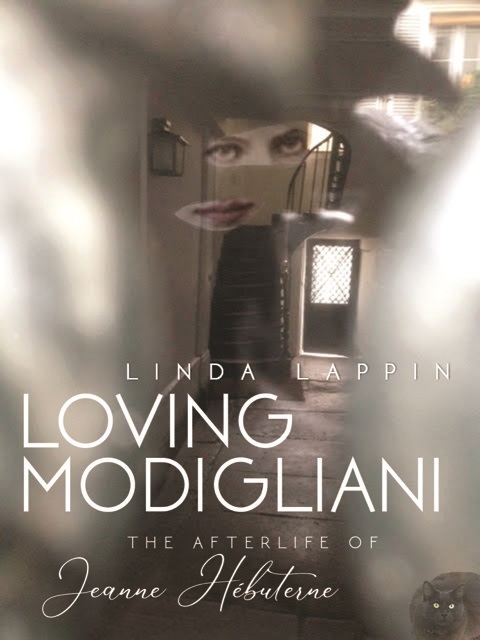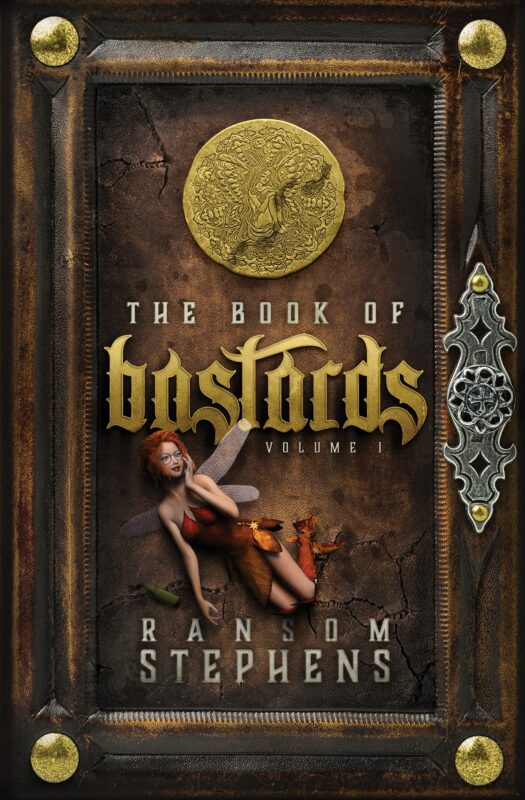
by
Antonio Iturbe
translated by
Lilit Thwaites.
A REVIEW BY VERONICA JORGE
Henry Holt & Co., 2012,
First American Edition, 2017
ISBN 978-1-62779-618-7
Recently, I replaced my worn copy of Hard Times by Charles Dickens, a novel about the political and economic woes of the 19th century. Hmm. Sound familiar? He prefaces one of the themes of the novel by quoting the biblical phrase, ‘what a man sows, that he will also reap.’ The story unfolds with the ‘seeds’ that each character sows, and the consequences of what they reap.
But that’s a sermon for the pulpit.
My topic addresses the need for books. Replacing this book, and several others, required a long search to obtain the copies in the editions and hard covers I desired. Did I really need to go through so much trouble for a book? Were they worth that much to me? Yes!
Which reminded me of…you guessed it…a book; The Librarian of Auschwitz by the Spanish journalist and author Antonio Iturbe, and based on the true story of Dita Kraus, the little girl who risked her life for the sake of books.
Block 31 in the Auschwitz/Birkenau concentration camp houses about five hundred children and several adults named counselors. Secretly they run a school and hide a library that consists of eight books which include, A Short History of the World by H.G. Wells, a Russian grammar, and a book on analytical geometry. Not exactly essential reading or something to risk your life for, yet that is exactly what they do. Dita is entrusted to hide the books in a different place each night because these books fill their greatest need: the survival of their minds and souls.
The story examines bravery, the causes people risk their lives for, and questions the importance of books. As the author examines on page 408 of his postscript, “Books can’t be used as weapons. They can’t fill a hungry stomach or quench thirst. They can’t cure illnesses, loneliness or prejudice.”
Or can they?
The Librarian of Auschwitz, together with Fahrenheit 451 by Ray Bradbury (1953), The Book Thief by Markus Zusak (2007), ( the narrator in Zuzak’s book is Death, wow!), and the non-fiction book by historian of education Diane Ravitch, The Language Police (2003), to name a few, deserve our attention for they remind us of the importance of freedom of thought and expression. In addition, books can indeed satisfy our hunger and thirst for knowledge; they make good companions to ease loneliness; they open our minds to empathize with other cultures and curb prejudice.
Books are also weapons. To quote an often used phrase: ‘The pen is mightier than the sword.’ So, let’s keep on writing.
Iturbe concludes that humans can survive with just the basic necessities, but it is culture and books that make a complete person. Without them humanity dies.
Veronica Jorge
See you next time on March 22nd!
- Author Bio
- Recent Posts
- Books by Veronica Jorge
- Book Reviews by Veronica Jorge
-
June 22, 2025
Below is an excerpt from one of our 2024 mentees, Veronica Jorge, from her project, Crushed Like Sugarcane, based on her Chinese ancestor, Zhou Zhijian, who left China to work in the sugarcane fields of Cuba where he was enslaved. In this portion, newly arrived and unwilling to accept the situation, he decides to escape:
-
May 22, 2025
The painter stares at the canvas waiting for an image to appear. Patiently, he waits until a faint imprint of a landscape or a face emerges. He then grabs a brush and dabs it into the paint on his palette, making haste to reach the canvas with his brush to capture the image.
-
April 22, 2025
I can’t think of a better way to welcome Spring and celebrate Earth Day than with a new book, especially one about nature and the earth, and following after Women’s History Month.
-
March 22, 2025
For centuries and throughout the entire world women have made valuable contributions in the arts, sciences, culture, academics, politics, the armed forces, etc. Too many women and too many areas to name without slighting any one person, field or region. Every March during Women’s History Month we commemorate their achievements.
-
February 22, 2025
Don’t be fooled by the title. This is not a book about morality or religion. Far from it. It’s all about….MURDER.
Nothing Found

Related
Affiliate Links
A Slice of Orange is an affiliate with some of the booksellers listed on this website, including Barnes & Nobel, Books A Million, iBooks, Kobo, and Smashwords. This means A Slice of Orange may earn a small advertising fee from sales made through the links used on this website. There are reminders of these affiliate links on the pages for individual books.
Search A Slice of Orange
Find a Column
Archives
Featured Books
ELDRITCH, INC.
Who knew preventing Armageddon required so much on-the-job training?
More info →LOVING MODILIANI
A ghost story, love story, and a search for a missing masterpiece.
More info →THE BOOK OF BASTARDS
Welcome to The Gold Piece Inn, where you can drink, gamble, and play! Or hide.
More info →Newsletter
Contributing Authors
Search A Slice of Orange
Find a Column
Archives
Authors in the Bookstore
- A. E. Decker
- A. J. Scudiere
- A.J. Sidransky
- Abby Collette
- Alanna Lucus
- Albert Marrin
- Alice Duncan
- Alina K. Field
- Alison Green Myers
- Andi Lawrencovna
- Andrew C Raiford
- Angela Pryce
- Aviva Vaughn
- Barbara Ankrum
- Bethlehem Writers Group, LLC
- Carol L. Wright
- Celeste Barclay
- Christina Alexandra
- Christopher D. Ochs
- Claire Davon
- Claire Naden
- Courtnee Turner Hoyle
- Courtney Annicchiarico
- D. Lieber
- Daniel V. Meier Jr.
- Debra Dixon
- Debra H. Goldstein
- Debra Holland
- Dee Ann Palmer
- Denise M. Colby
- Diane Benefiel
- Diane Sismour
- Dianna Sinovic
- DT Krippene
- E.B. Dawson
- Emilie Dallaire
- Emily Brightwell
- Emily PW Murphy
- Fae Rowen
- Faith L. Justice
- Frances Amati
- Geralyn Corcillo
- Glynnis Campbell
- Greg Jolley
- H. O. Charles
- Jaclyn Roché
- Jacqueline Diamond
- Janet Lynn and Will Zeilinger
- Jaya Mehta
- Jeannine Atkins
- Jeff Baird
- Jenna Barwin
- Jenne Kern
- Jennifer D. Bokal
- Jennifer Lyon
- Jerome W. McFadden
- Jill Piscitello
- Jina Bacarr
- Jo A. Hiestand
- Jodi Bogert
- Jolina Petersheim
- Jonathan Maberry
- Joy Allyson
- Judy Duarte
- Justin Murphy
- Justine Davis
- Kat Martin
- Kidd Wadsworth
- Kitty Bucholtz
- Kristy Tate
- Larry Deibert
- Larry Hamilton
- Laura Drake
- Laurie Stevens
- Leslie Knowles
- Li-Ying Lundquist
- Linda Carroll-Bradd
- Linda Lappin
- Linda McLaughlin
- Linda O. Johnston
- Lisa Preston
- Lolo Paige
- Loran Holt
- Lynette M. Burrows
- Lyssa Kay Adams
- Madeline Ash
- Margarita Engle
- Marguerite Quantaine
- Marianne H. Donley
- Mary Castillo
- Maureen Klovers
- Megan Haskell
- Melanie Waterbury
- Melisa Rivero
- Melissa Chambers
- Melodie Winawer
- Meriam Wilhelm
- Mikel J. Wilson
- Mindy Neff
- Monica McCabe
- Nancy Brashear
- Neetu Malik
- Nikki Prince
- Once Upon Anthologies
- Paula Gail Benson
- Penny Reid
- Peter J Barbour
- Priscilla Oliveras
- R. H. Kohno
- Rachel Hailey
- Ralph Hieb
- Ramcy Diek
- Ransom Stephens
- Rebecca Forster
- Renae Wrich
- Roxy Matthews
- Ryder Hunte Clancy
- Sally Paradysz
- Sheila Colón-Bagley
- Simone de Muñoz
- Sophie Barnes
- Susan Kaye Quinn
- Susan Lynn Meyer
- Susan Squires
- T. D. Fox
- Tara C. Allred
- Tara Lain
- Tari Lynn Jewett
- Terri Osburn
- Tracy Reed
- Vera Jane Cook
- Vicki Crum
- Writing Something Romantic
Affiliate Links
A Slice of Orange is an affiliate with some of the booksellers listed on this website, including Barnes & Nobel, Books A Million, iBooks, Kobo, and Smashwords. This means A Slice of Orange may earn a small advertising fee from sales made through the links used on this website. There are reminders of these affiliate links on the pages for individual books.

























































